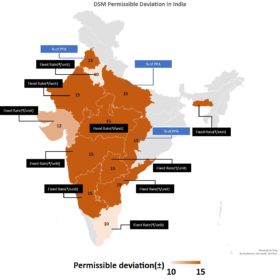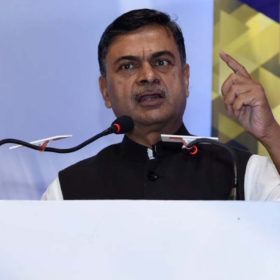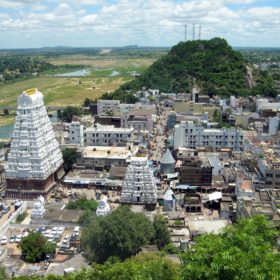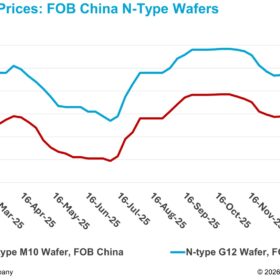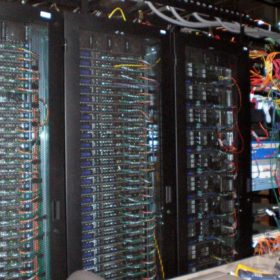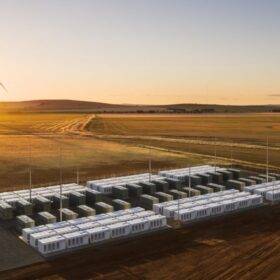Hearing about solar cell safeguarding duty on Friday
The Directorate-General of Trade Remedies has called a meeting of concerned parties as it considers whether to extend the duty on solar cells.
India’s renewable energy revolution serves as a model for the world
The country—aiming for a renewable power target of 450 GW by 2030—has emerged as the world’s largest and most competitive clean energy auction market.
One Nation, One Sun, One DSM
The government needs to rationalize and ensure uniformity of Deviation Settlement Mechanism (DSM) regulations across the country for the seamless integration of renewable energy.
Solar panel imports to face 20-25% customs duty from August
The levy on modules will then almost double to 40% within a year and cells will see a similar rise, from an initial rate of 15%.
Financing solar projects amid the Covid-19 crisis – thinktank interview
Vaibhav Pratap Singh, senior analyst at the CEEW Centre for Energy Finance, tells pv magazine about the impact of the Covid-19 pandemic on the Indian solar sector, green finance and investment down the line.
Hybrid and RTC projects to boost India’s RE and energy storage market
The global hybrid energy market, including energy storage, is projected to touch $40 billion by 2025. It is an opportunity that India has capitalized upon, earlier than others.
NSEFI demands 12-month blanket extension of ISTS charges and losses waiver
The lobby group has asked the ministry that the interstate transmission charges waiver be extended to cover solar and wind projects that get commissioned up to December 31, 2023. It also recommended that the waiver be linked to bidding, allowing projects commissioned within 36 months from the award of contract to avail the exemption, even if they get commissioned beyond December 31, 2023.
Energy and Economy: Rewriting the Indian story for the World
India is running the world’s largest renewable energy expansion program with a mind-boggling target of 450 GW by 2030. Can the country with a growing energy demand do more than this? Can it do what developed countries should have done years ago?
India can become electric vehicle manufacturing hub within five years: Nitin Gadkari
The industry needs to cut a dependence on electric vehicle battery imports from China, according to the road transport minister, who said the government is looking to support research into alternatives to lithium-ion technology.
Andhra Pradesh allocates 57% of energy budget to ‘free power for agriculture’ scheme
The overall energy outlay of Rs 6984.73 crore for the year 2020-21 is much lower than 2019-20’s revised estimate of Rs 11,639 crore.


